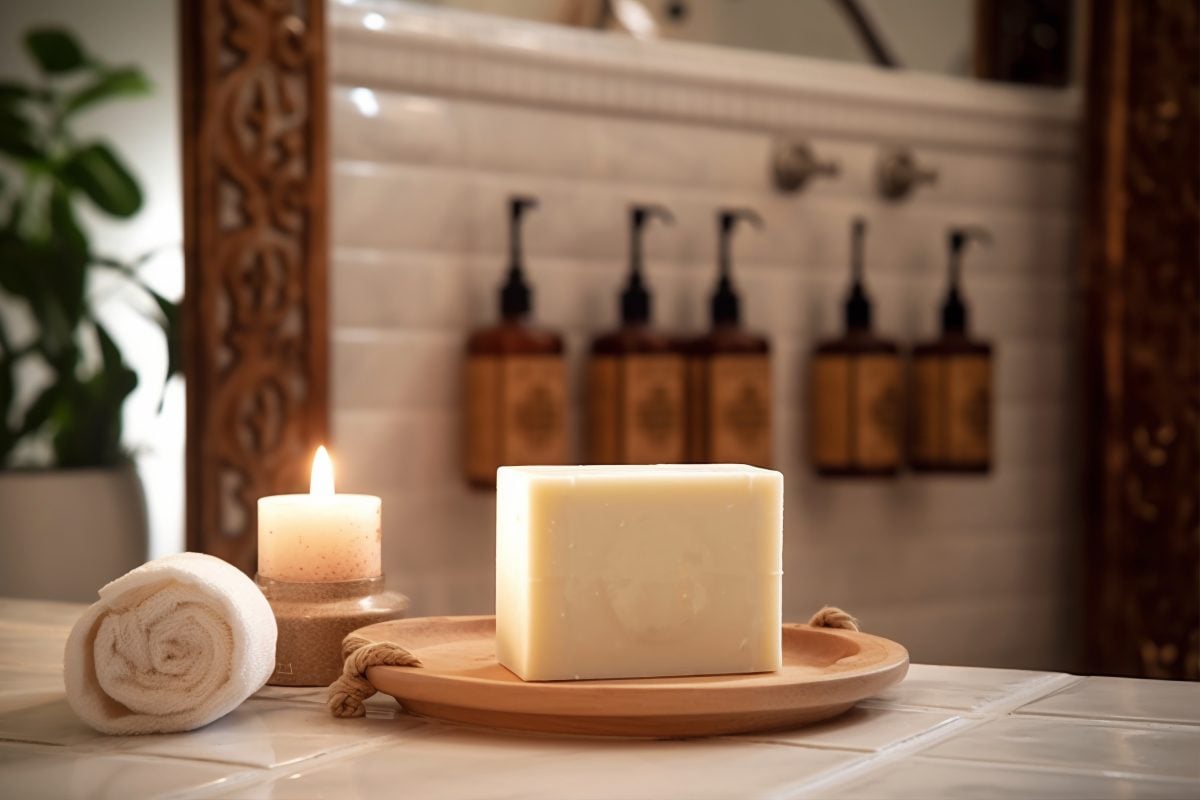Does Soap Kill STDs? Unraveling Myths and Facts
In the quest for sexual health and hygiene, a common question arises: “Does soap kill STDs?” This seemingly simple inquiry opens a gateway to a broader discussion about prevention, misconceptions, and the role of everyday hygiene in combating sexually transmitted diseases.
The Role of Soap in Hygiene to Prevent STDs
Soap has been a cornerstone of personal hygiene for centuries. Its primary function is to clean by removing dirt, oils, and microorganisms from the skin. However, the effectiveness of soap extends beyond just cleaning; it also plays a crucial role in preventing the spread of many infectious diseases.
Types of Soaps and Their Efficacy in Fighting STDs
- Regular Soap: Regular soap cleanses by breaking down oils and dirt, which can mechanically remove germs from the skin. However, it doesn’t necessarily kill bacteria or viruses.
- Antibacterial Soap: Contains chemical ingredients intended to kill bacteria. However, its effectiveness against viruses, including those that cause STDs, is limited.
- Alcohol-based Hand Sanitizers: While not a soap, these sanitizers are more effective against certain types of viruses but are not a comprehensive solution for STD prevention.
Soap’s Role in Preventing Bacterial STDs
While we have established that soap is not a catch-all solution for combating STDs, it’s important to delve deeper into its role, especially in the context of bacterial STDs. Bacterial STDs, such as chlamydia, gonorrhea, and syphilis, are caused by bacteria that can sometimes be present on the skin or genital area.
How Does Antibacterial Soap Prevent STDs?
- Physical Removal of Bacteria: Soap primarily works by mechanically removing bacteria from the skin’s surface. When you wash with soap and water, the soap molecules interact with oils and dirt on your skin, encapsulating these and bacteria, which are then rinsed away with water.
- Disruption of Bacteria: Some soaps, especially those with antibacterial properties, can disrupt the cell membranes of bacteria, leading to their destruction. However, the effectiveness of this mechanism against the bacteria causing STDs is limited.
Preventing Transmission
- Hygiene Before and After Sexual Activity: Maintaining good hygiene, including washing the genital area with soap before and after sexual intercourse, can help in reducing the risk of transmitting or acquiring bacterial STDs. It’s important to note, though, that this is not a foolproof prevention method.
- Hand Washing: Regular hand washing with soap can prevent the spread of many types of bacteria. Since our hands come into contact with various surfaces and can carry bacteria, keeping them clean is a key step in preventing the transfer of these bacteria to yourself or your partner.
Understanding the Different Types of STDs
- Bacterial STDs: For bacteria-based STDs like chlamydia and syphilis, soap can help in removing bacteria from the skin surface but cannot cure the infection once it’s inside the body.
- Viral STDs: Viruses such as HIV, herpes, and HPV that cause STDs are more resilient. While good hygiene can reduce the risk of transmission or acquiring an infection, soap is not effective in killing these viruses.
- Parasitic STDs: Parasites causing STDs like pubic lice can be physically removed through thorough washing, but soap alone is not a cure.
Does Soap Kill STDs: Myths vs. Facts
- Myth: Washing genitals with soap after intercourse can prevent STDs.
- Fact: While good hygiene is crucial, washing with soap post-intercourse is not a guaranteed method to prevent STD transmission.
- Myth: All STDs can be washed away or killed with the right soap.
- Fact: Soap can aid in hygiene but is not a cure or a guaranteed preventive measure against STDs.
Prevention is Key
The best way to prevent STDs is through safe sexual practices, regular testing, and, when appropriate, vaccination. Using condoms, having open discussions with sexual partners about health, and getting regular STD checks are crucial steps in STD prevention.
While soap plays a vital role in maintaining general hygiene and can help prevent the spread of some infections, it is not a foolproof solution against STDs. Understanding the limitations of soap in this context is crucial in maintaining sexual health. Embracing comprehensive prevention strategies, including safe sex practices and regular medical check-ups, remains the most effective approach to combating STDs.
Remember, sexual health is an integral part of overall well-being, and staying informed is key to a healthy life.
Medically Reviewed by Joshua Hwang, MD on November 20, 2023
Secure and Confidential
STD testing services
The fastest results possbile - available in 1 to 2 days

Tagged
Categorized As
Author: STD Check Editorial Team
At STDCheck.com, we go to great lengths to ensure quality content. We’re using our own collection of data. It is not bought or made up for “click-bait” purposes. We don’t entice traffic with cheesy graphics or raunchy headlines. Our information is to promote STD testing, educate people, let go of social stigmas, and bring awareness. We also provide a completely confidential atmosphere through private testing. When we produce an article, it is fact-based. We check it with medical advisors that approve it. Our staff consists of doctors and other medical professionals who peer review the content we make available on STDCheck.com. From all over the world, we have sourced the best and the brightest content developers, including medical professionals, marketing engineers, data scientists, content specialists, and media relations.




